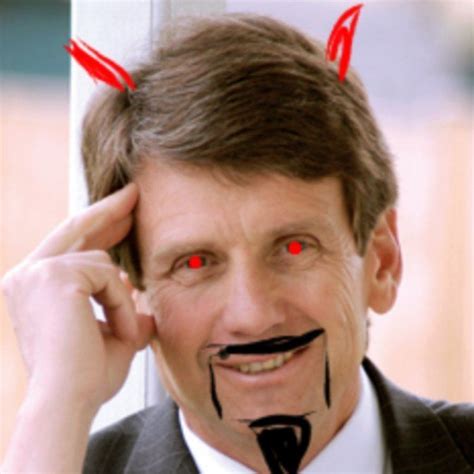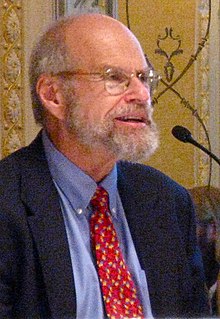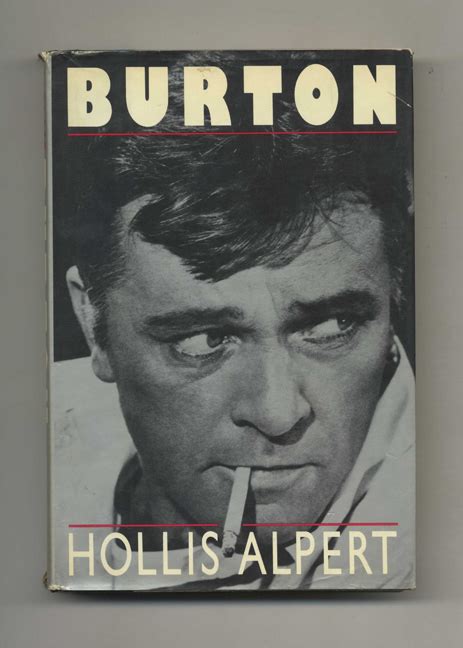A Quote by Sarah Weinman
As I considered Parker and his absurdist reflection in the Westlake-authored 'Dortmunder' novels, I wrote, 'His natural ability to observe human behavior and to follow an idea, no matter how bizarre, through to its proper, rightful finish echoed the vision of an architect.'
Related Quotes
I wouldn't care to speculate about what it is in Westlake's psyche that makes him so good at writing about Parker, much less what it is that makes me like the Parker novels so much. Suffice it to say that Stark/Westlake is the cleanest of all noir novelists, a styleless stylist who gets to the point with stupendous economy, hustling you down the path of plot so briskly that you have to read his books a second time to appreciate the elegance and sober wit with which they are written.
A few hours after the news broke about the death of crime writer Donald E. Westlake, a newspaper asked me to write a tribute. In short order I did so, calling attention to his decades-long career, both under his own name and that of his primary alter ego, Richard Stark, who introduced the unsentimental antihero-heister Parker to the literary canon.
This process, this method necessary to man's survival and prosperity upon the earth, has often been derided as unduly or exclusively "materialistic." But it should be clear that what has happened in this activity proper to man's nature is a fusion of "spirit" and matter; man's mind, using the ideas it has learned, directs his energy in transforming and reshaping matter into ways to sustain and advance his wants and his life. Behind every "produced" good, behind every man-made transformation of natural resources, is an idea directing the effort, a manifestation of man's spirit.
I am a Muslim and . . . my religion makes me be against all forms of racism. It keeps me from judging any man by the color of his skin. It teaches me to judge him by his deeds and his conscious behavior. And it teaches me to be for the rights of all human beings, but especially the Afro-American human being, because my religion is a natural religion, and the first law of nature is self-preservation.
If we come to sleep we are His drowsy ones And if we come to wake we are in His hands If we come to weeping we are His cloud full of raindrops And if we come to laughing we are His lightning in that moment If we come to anger and battle it is the reflection of His wrath And if we come to peace and pardon it is the reflection of His love Who are we in this complicated world?
It was an unforgettable picture to see Chopin sitting at the piano like a clairvoyant, lost in his dreams; to see how his vision communicated itself through his playing, and how, at the end of each piece, he had the sad habit of running one finger over the length of the plaintive keyboard, as though to tear himself forcibly away from his dream.
































